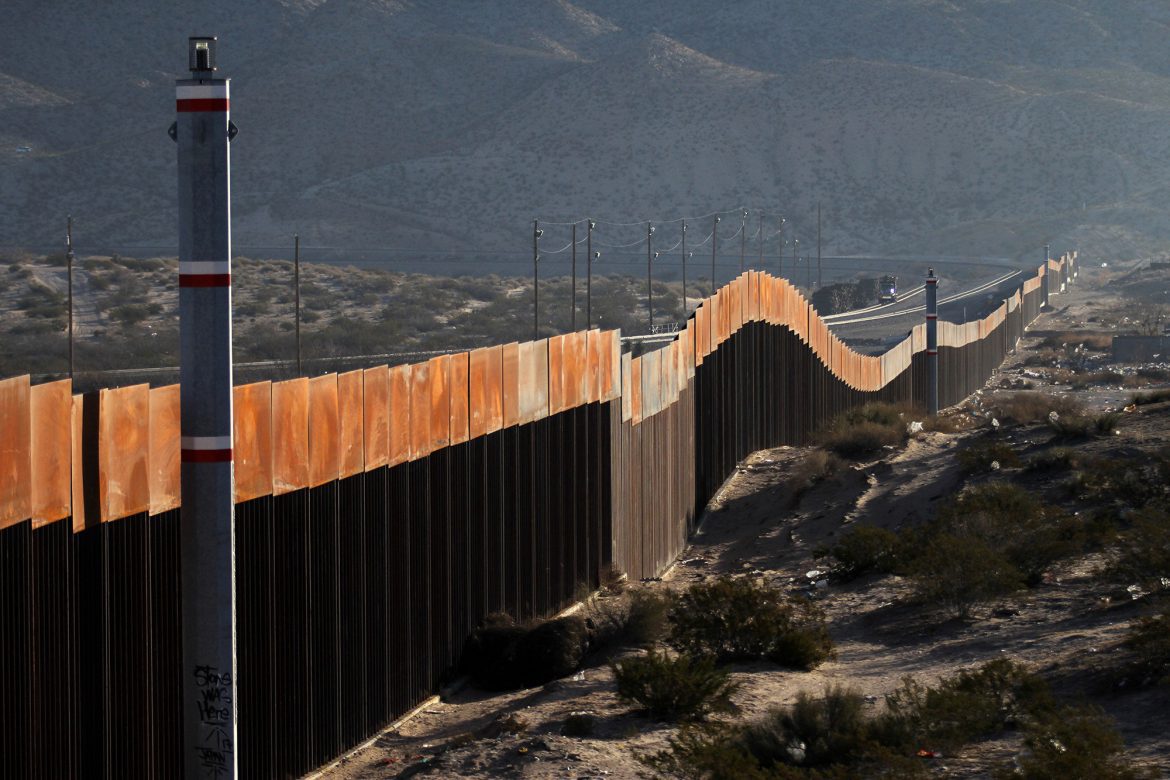In its continuing efforts to bolster the southern border with Mexico, the Trump Administration has requested $18.2 billion for Customs and Border Protection (CBP), including $2 billion for 82 miles of new border wall, in its 2021 budget.
In 2016, Trump promised to build a wall to prevent undocumented immigrants from entering the U.S., although at the time he promised that Mexico would pay for the wall.
The bulk of the money will go to strengthen the agency’s land-border infrastructure and to add border personnel. Along with the money for wall construction, more than $340 million is earmarked for border station upgrades and the hiring and training of 750 new Border Patrol agents.
Although analysts say the budget will be dead on arrival in the Democratic-held House of Representatives, the proposed CBP budget also provides $25 million for maintenance of non-intrusive inspection technology (NII) and the requisitioning of 45 small-scale and handheld systems for cargo which will be used “to inspect and screen conveyances or cars, trucks, railcars, sea containers, as well as personal luggage, packages, parcels, and flat mail through either x-ray or gamma-ray imaging systems.”
An additional $23.4 million will be used for computer systems upgrades, including the migration of CBP’s national database to the “cloud” and ongoing enhancement of the agency’s computers labeled the Automated Commercial Environment (ACE).
“Continued funding is required to migrate the functionality from the antiquated mainframe and into the ACE platform,” the administration’s budget proposal said. “The development includes a cloud-based platform that reduces costs to the agency, provides a common framework that aligns with other initiatives and is flexible enough to allow for future technological enhancements.”
What is left out of the CBP budget is funding for adding officers to the agency’s Office of Field Operations that is in charge of outbound trade at the nation’s ports of entry. This lack of funding has drawn criticism from the CBP’s officers’ union which claims that staffing levels at many ports of entry are lacking.
Part of the Department of Homeland Security, the CBP is responsible for prohibiting the entry of illegal narcotics, contraband and unsafe products. CBP is also the second-largest—behind taxes—source of revenue to the federal government and brought in over $80 billion in duties, fees and tariffs in 2019.

